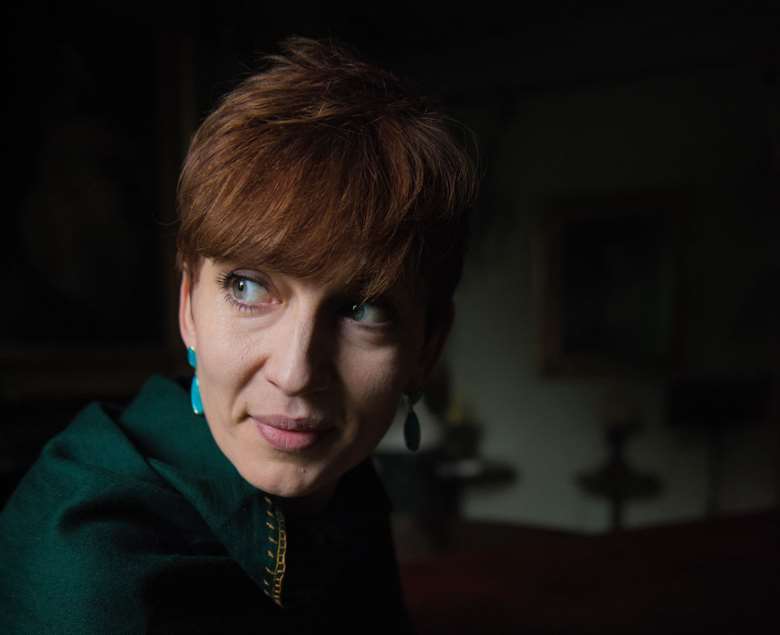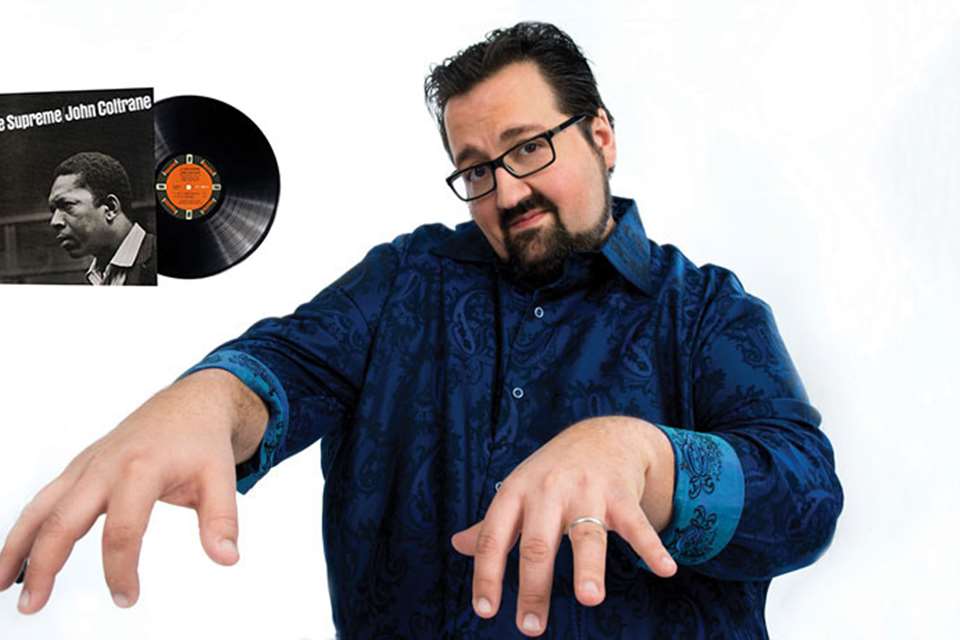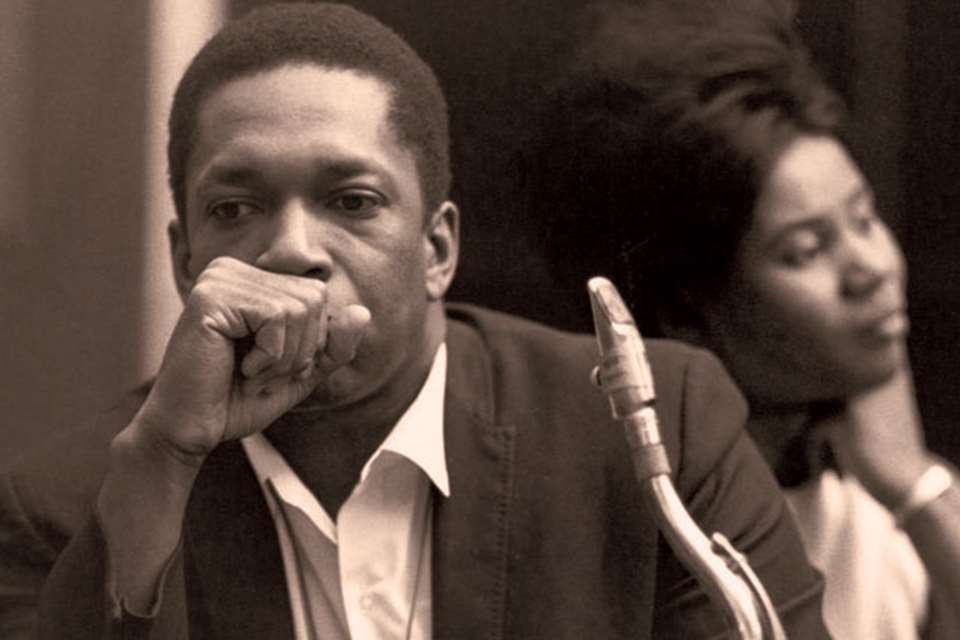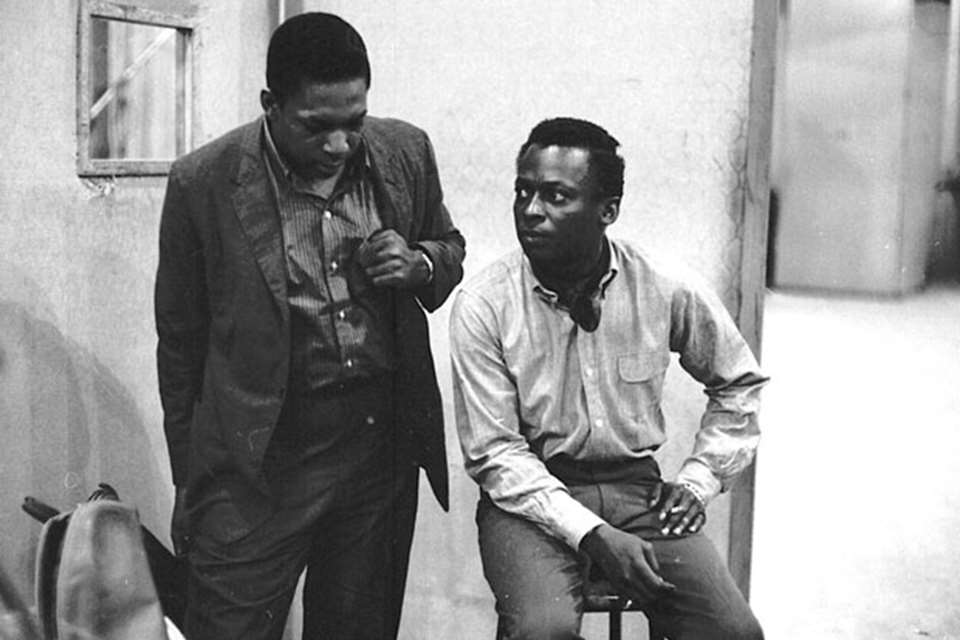Josephine Davies: Trane of Thought
Selwyn Harris
Wednesday, October 21, 2020
Like her hero John Coltrane, award-winning saxophonist and Satori leader Josephine Davies digs deep into Eastern spirituality to find improvisatory freedom. She tells Selwyn Harris about the life-changing epiphany of hearing A Love Supreme for the first time, the importance of meditation and yoga, and her band’s new album


Register now to continue reading

Thank you for visiting Jazzwise.co.uk. Sign up for a free account today to enjoy the following benefits:
- Free access to 3 subscriber-only articles per month
- Unlimited access to our news, live reviews and artist pages
- Free email newsletter


